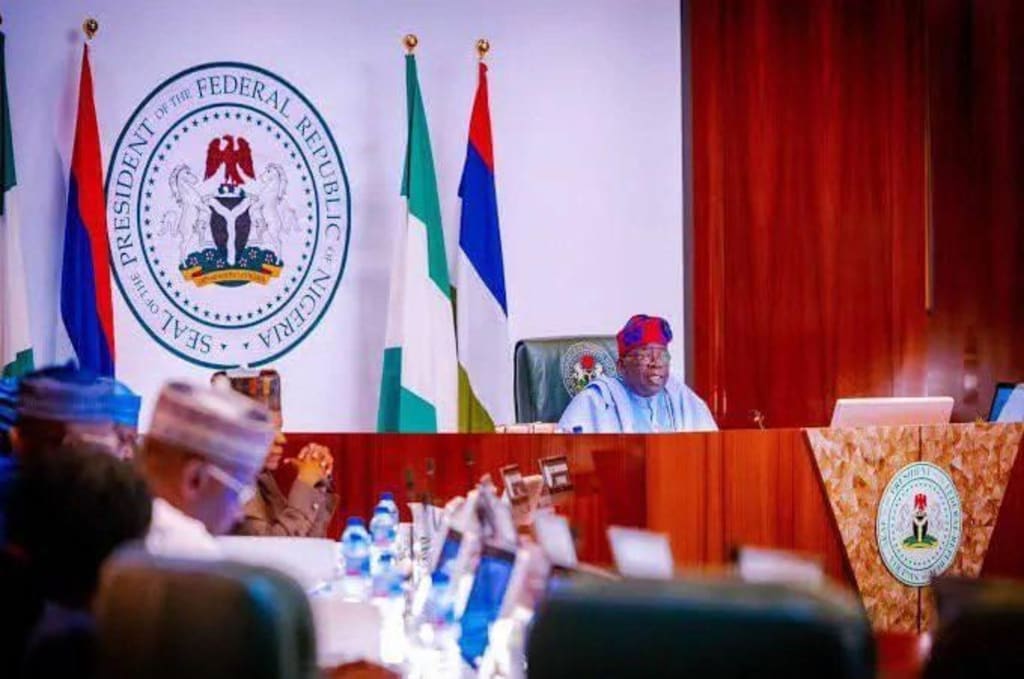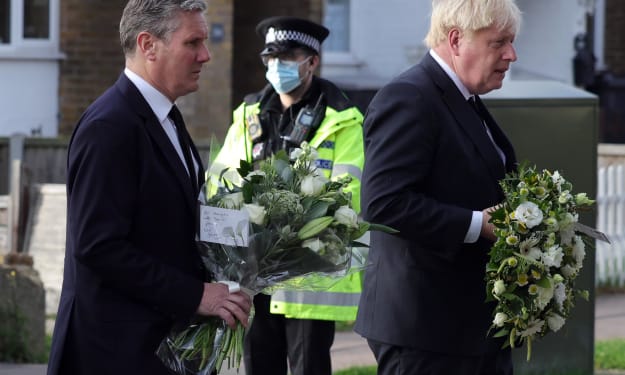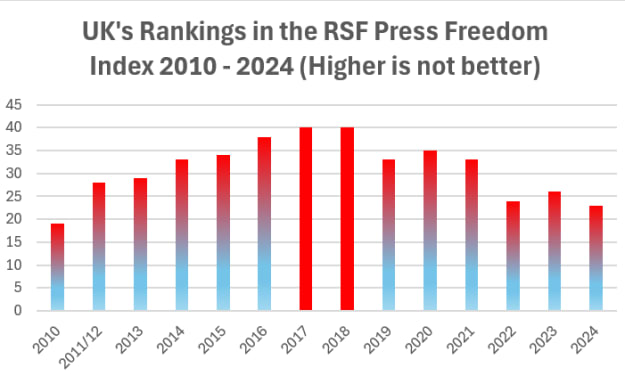Minimum Wage Decision Deferred by FEC
Tinubu to Engage in Further Consultations with Governors, Private Sector, and Labour

The Federal Executive Council (FEC) has postponed its decision on the new national minimum wage, allowing President Bola Tinubu more time to consult with various stakeholders. The announcement came from the Minister of Information and National Orientation, Mohammed Idris, after a detailed deliberation on the subject during a recent FEC meeting.
According to Idris, the Council acknowledged the complexity and significance of the issue, which affects not only the federal government but also state and local governments, as well as the private sector. "This is not merely a federal concern. The implications of a new national minimum wage span across different levels of government and the organized private sector," Idris stated. "The decision was made to step down the memo to enable President Tinubu to engage in comprehensive consultations with state governors, the organized private sector, and labor unions."
The move to delay the decision is seen as a strategic effort by President Tinubu to ensure that all relevant parties are adequately consulted, thereby making an informed and balanced decision. This approach aims to foster a consensus that considers the economic realities and the welfare of workers nationwide.
The backdrop to this development includes ongoing negotiations between the government and labor unions regarding the new minimum wage. The tripartite committee, which includes representatives from the government, the organized private sector, and labor unions, recently concluded a meeting where the government proposed raising the minimum wage to N62,000 from the current N30,000. However, labor unions such as the Nigeria Labour Congress (NLC) and the Trade Union Congress (TUC) have demanded a much higher figure of N250,000, citing the rising cost of living and inflation.
Minister Idris emphasized the need for labor unions to consider the broader economic implications of their demands. He pointed out that a substantial increase in the minimum wage could lead to unintended consequences, such as mass retrenchments and economic instability. "It is crucial to balance the need for a livable wage with the potential impact on the economy and employment levels. The welfare of over 200 million Nigerians must be taken into account," Idris said.
The government's efforts to address the cost of living through various initiatives, including the Presidential Compressed Natural Gas programme, were also highlighted. These initiatives aim to reduce living costs and provide relief to citizens while the discussions on the minimum wage continue.
NLC President Joe Ajaero recently expressed disappointment over the stalemate at the end of the tripartite committee meeting, urging President Tinubu to engage more actively with the committee members to harmonize the proposed figures. Ajaero stressed the importance of reaching a consensus that reflects the needs and aspirations of Nigerian workers.
Idris reiterated the government's commitment to a thorough and inclusive consultation process. "The Federal Executive Council has deliberated on the report of the Tripartite Committee on the New National Minimum Wage. The new minimum wage is not just a federal government issue; it involves state and local governments, the organized private sector, and labor unions. This broad scope necessitates further consultations before an executive bill is presented to the National Assembly," he explained.
The consultations will involve discussions with state governors to understand the fiscal implications for state budgets, as well as meetings with private sector representatives to gauge the impact on businesses. Labor unions will also be engaged to ensure that their concerns and demands are adequately addressed.
President Tinubu's decision to consult widely before making a final submission to the National Assembly underscores the administration's commitment to inclusive governance and economic stability. The goal is to arrive at a minimum wage that is fair, sustainable, and reflective of the country's economic realities.
As the consultation process unfolds, all eyes will be on the government's next steps and the responses from the various stakeholders involved. The outcome will significantly impact the livelihoods of millions of Nigerian workers and the broader economic landscape. The administration's approach to this issue will serve as a critical test of its ability to balance competing interests and deliver policies that promote both social equity and economic growth.
About the Creator
Agatha Aganyi
I'm a versatile content creator specializing in poetry, health, Education, Science, Mystery, and lots more, making complex topics engaging and easy to understand.
Enjoyed the story? Support the Creator.
Subscribe for free to receive all their stories in your feed. You could also pledge your support or give them a one-off tip, letting them know you appreciate their work.






Comments (1)
The article effectively presents both sides of the issue, acknowledging the demands of labor unions while also emphasizing the need for a cautious approach to avoid unintended consequences, it provides valuable insights into a significant policy matter that affects the nation as a whole, thank you very much for sharing, love your works, hope to read more, subscribed.